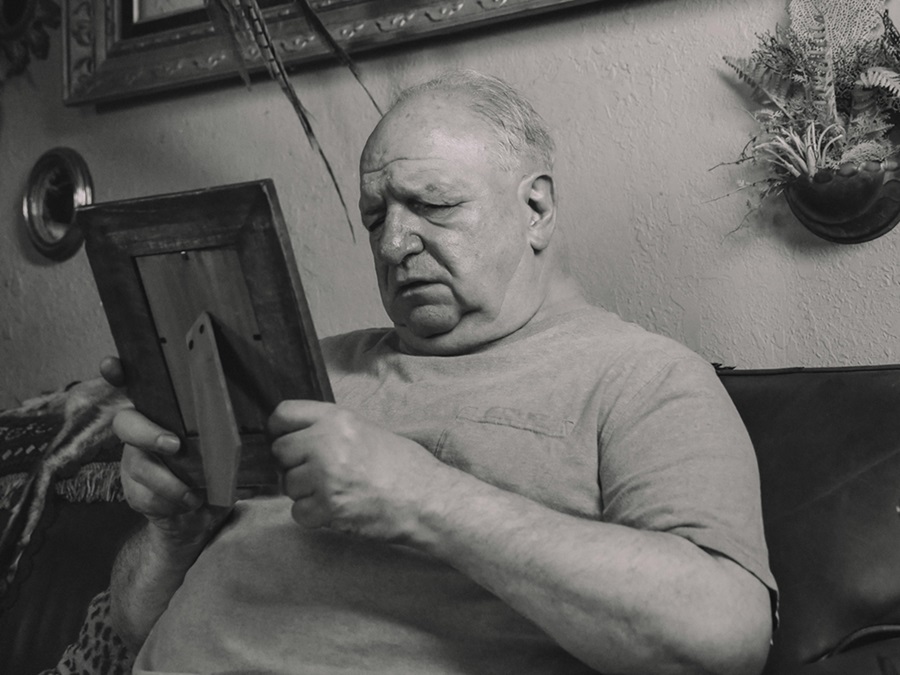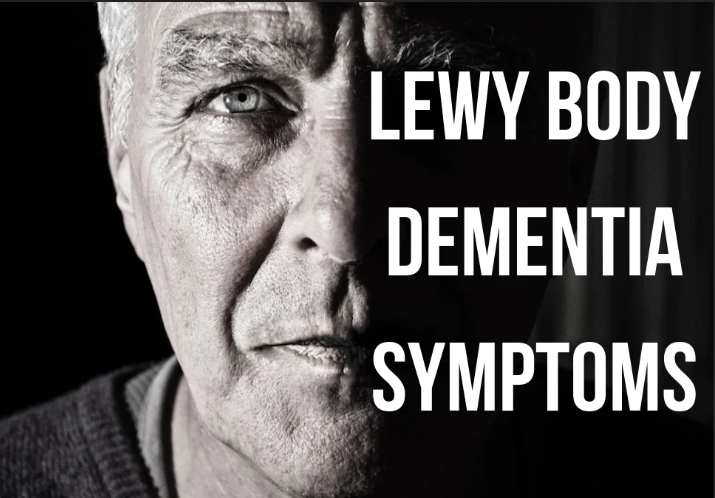Lewy Body Dementia & 5 Main Symptoms
Lewy body dementia (LBD) is the third most common type of dementia, after Alzheimer’s disease and vascular dementia.
LBD affects more than 100,000 individuals in Australia, those who are especially over the age of 50.
When diagnosed with LBD, a person’s average life expectancy is 5-7 years.
Being a public health concern, it is important to understand how it is caused and what its main symptoms are.
What is Lewy body dementia?
LBD is associated with the abnormal buildup of proteins in the brain into masses known as Lewy bodies. These protein deposits affect chemicals in the brain which can lead to problems with thinking, movement, behaviour and mood.
How is it different from Alzheimer’s and Parkinson’s?
Symptoms of LBD greatly overlap with symptoms to those found in Alzheimer’s and Parkinson’s disease, making it hard to identify.
LBD may not cause short-term memory loss that happens with Alzheimer’s. Also, hallucinations may often show in the first few years of having Lewy body, while it is not until the later stages that people with Alzheimer’s experience this. Another struggle people with LBD experience is REM sleep behaviour disorder, making violent movements during the sleep, not a common sign observed in Alzheimer’s.
When compared to Parkinson’s disease, its motor symptoms are similar, but rather milder than in typical Parkinson’s. Also, problems with thinking and memory do not show until later stages of Parkinson’s, different to LBD where the onset of cognitive problems start much sooner.
5 Main Symptoms of Lewy body dementia
1. Cognitive Impairment
- Confusion
- Poor attention span
- Memory loss
- Visual-spatial difficulties
- Irregular episodes of extreme swings between alertness and confusion
2. Visual Hallucinations
- Seeing shapes, colours, people or animals that aren’t there
- Talking to people not present
3. Movement Disorders
- Slow movement
- Stiff limbs
- Tremor
- Shuffling walk or abnormal gait
4. Trouble with Sleep
- Insomnia
- Daytime sleepiness
- REM sleep behaviour disorder (kicking, screaming, sleep talking while asleep)
5. Poor Regulation of Body Functions
- Autonomic bodily functions may be impacted, such as blood pressure, body temperature, urination, digestion and heart rate.
- This can result in sudden drops in blood pressure upon standing, dizziness, falls, loss of bladder control and constipation.
Lewy body dementia is a progressive disease that worsens over time. If you or your loved one is struggling with LBD or any other difficulties, please contact us. Living Waters Aged Care will provide a free assessment for home care services.


